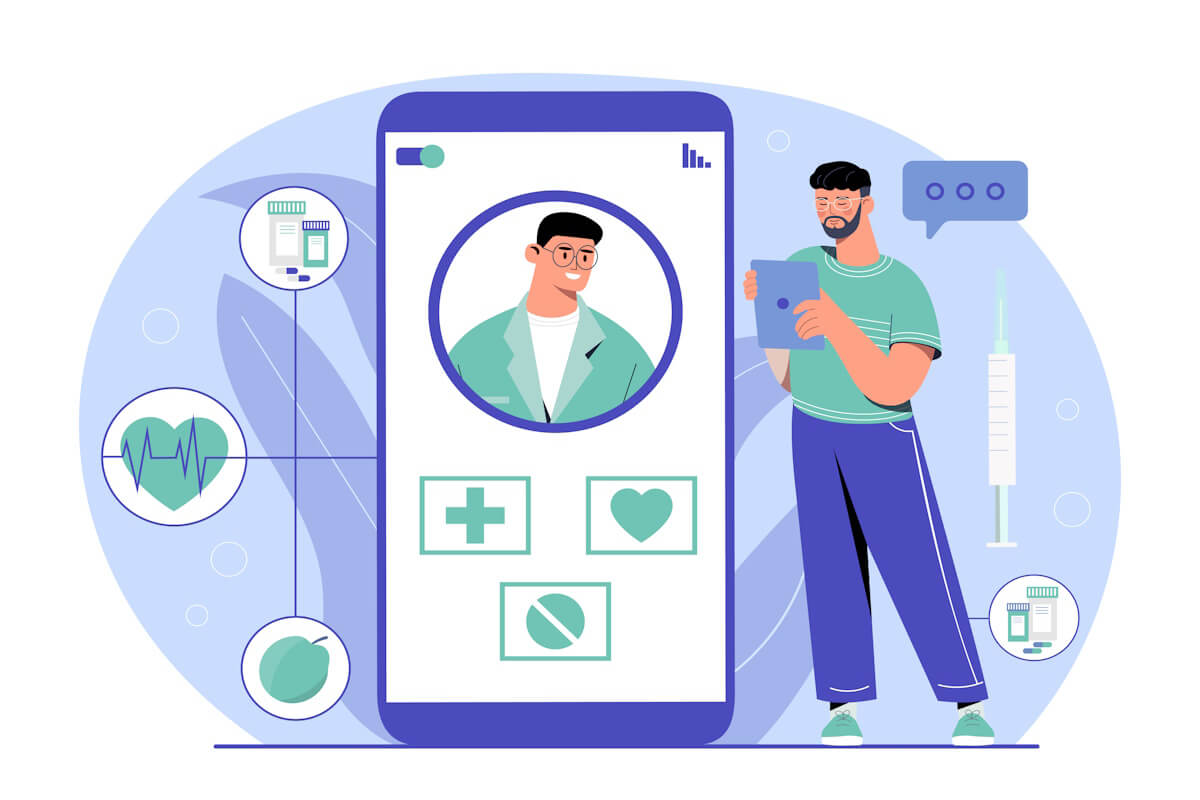In today’s digital age, mobile apps have revolutionized the way we manage our health and well-being. With the convenience of having a wealth of information and tools at our fingertips, individuals can now take control of their health in ways that were not possible before. From tracking fitness goals to monitoring chronic conditions, mobile apps have become essential tools for promoting better health outcomes.
The Benefits of Using Mobile Apps for Health
There are several benefits to leveraging mobile apps for improving health outcomes. Some of the key advantages include:
- Convenience: With mobile apps, individuals can access health information and resources anytime, anywhere. This convenience makes it easier for people to stay on top of their health goals and track their progress.
- Personalization: Many health apps offer personalized recommendations based on individual health data. This customization allows users to receive tailored advice and support that is specific to their needs.
- Engagement: Mobile apps often incorporate features that promote engagement, such as gamification, social sharing, and reminders. These interactive elements can motivate users to stay committed to their health goals.
- Data Tracking: Health apps enable users to track various health metrics, such as physical activity, nutrition, and sleep patterns. By monitoring this data, individuals can gain valuable insights into their health habits and make informed decisions about their well-being.
Types of Health Apps Available
There is a wide range of health apps available to address different aspects of health and wellness. Some common types of health apps include:
- Fitness Trackers: These apps track physical activity, such as steps taken, calories burned, and workouts completed. Fitness trackers can help individuals set and achieve fitness goals.
- Nutrition Apps: Nutrition apps assist users in monitoring their diet, counting calories, and making healthy food choices. These apps can help individuals maintain a balanced diet and achieve weight management goals.
- Mental Health Apps: Mental health apps offer tools and resources for managing stress, anxiety, depression, and other mental health conditions. These apps may include meditation exercises, mood tracking, and therapy resources.
- Chronic Disease Management Apps: For individuals with chronic conditions, there are apps that assist in monitoring symptoms, medications, and doctor appointments. These apps can help individuals better manage their health and communicate with healthcare providers.
Tips for Choosing the Right Health App
When selecting a health app to support your wellness journey, consider the following tips:
- Research: Take the time to research different health apps and read reviews from other users. Look for apps that are reputable, user-friendly, and backed by scientific evidence.
- Features: Consider the features and functionalities that are important to you. Choose an app that aligns with your health goals and preferences.
- Privacy: Check the app’s privacy policy to ensure that your personal health data is protected. Look for apps that are transparent about how they collect, use, and secure your information.
- Compatibility: Make sure that the app is compatible with your device and operating system. This will ensure a seamless user experience and avoid technical issues.
Conclusion
In conclusion, mobile apps offer a valuable resource for individuals looking to improve their health outcomes. By leveraging the convenience, personalization, engagement, and data-tracking capabilities of health apps, users can take control of their well-being and make informed decisions about their health habits. With a wide range of health apps available, individuals can choose the app that best suits their needs and preferences. By incorporating health apps into their daily routine, individuals can empower themselves to lead healthier lives and achieve better health outcomes.
Looking to take your health management to the next level with a reliable mobile app? Contact us today to discover how our expertise can help you achieve your wellness goals.
FAQs:
1. What are the benefits of using mobile apps for health?
- Using mobile apps for health provides convenience, personalization, engagement, and data tracking for individuals to manage their health goals effectively.
2. What types of health apps are available for users?
- There are various types of health apps available, including fitness trackers, nutrition apps, mental health apps, and chronic disease management apps.
3. How can fitness trackers help individuals with their health goals?
- Fitness trackers can track physical activity, calories burned, and workouts completed to help individuals set and achieve fitness goals.
4. What features do mental health apps typically offer?
- Mental health apps may include tools for managing stress, anxiety, depression, such as meditation exercises, mood tracking, and therapy resources.


